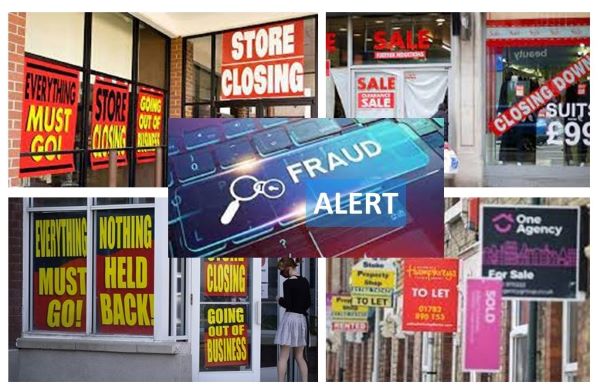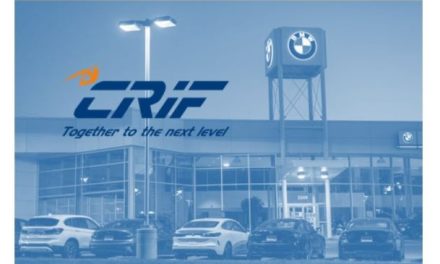New research figures from Mazars show that almost 40,000 businesses were struck off the Companies House register in the first three months of the year, a rise of 743% on Q1 2020.
Strike-offs from Companies House increased to 39,601 in the first three months of 2021 compared to just 4,695 in the same period in 2020.
The staggering jump backs up fears of a wave of CBILS and BBLS loan fraud. Therefore, the government is proposing to enhance the powers granted to the Insolvency Service to enable it to investigate and disqualify the directors of dissolved companies.
The Ratings (Coronavirus) and Directors Qualification (Dissolved Companies) Bill is scheduled for its second reading in the House of Commons soon and is expected to be enacted into law before the end of the Summer. While many legitimate businesses will have closed their doors due to the pandemic, there are thought to be many instances of companies shutting down purely to avoid CBILS and BBLS repayments.
The pressures of the pandemic, combined with the speed of the CBILS and BBLS rollout meant that many of the standard underwriting checks were not carried out before lenders wrote these loans. BBLS, which provided up to £50,000 in loans to assist the smallest businesses through lockdown, are thought to have been the most open to abuse. Data show that 80 per cent of BBL applications were granted, with the overwhelming majority going to micro businesses, those with 10 employees or fewer.
Estimates by the OBR suggest that as much as £22bn in BBLS lending alone will be lost to defaults and fraud. In addition to individual instances of fraud, experts say there is likely to be significant organized crime involvement.
While the Government has ultimately pledged to guarantee almost all of the value of pandemic-related loans (80 per cent in the case of CBILS and 100 per cent for BBLS), lenders are likely to have to exhaust their recovery options before turning to the Treasury for compensation on defaulted loans. Some lenders who suspect strike-offs have occurred to avoid CBILS and BBLS repayment have begun applying to have these companies reinstated by Companies House in order to pursue debt recovery. Moreover, fraud experts are already at work attempting to identify companies which have been dormant since receiving a coronavirus loan.
Mazars’ Director of Restructuring Services Michael Pallott said “Many of these loans will have gone to legitimate businesses who have not survived the last year. When it comes to those who were less honest, however, the task of pursuing bad debtors who never intended to pay these loans back will be costly and time-consuming without the right tools. Even though some level of fraud was anticipated with CBILS and BBLS, these strike-off numbers suggest that the worst-case scenario might be in play for some lenders. With the government unlikely to pay out to lenders who cannot prove they have actively ![]() pursued all the available debt recovery options, banks are now gearing up to identify the potentially thousands of loans on their books likely to default.”
pursued all the available debt recovery options, banks are now gearing up to identify the potentially thousands of loans on their books likely to default.”
Source: Credit-Connect


























